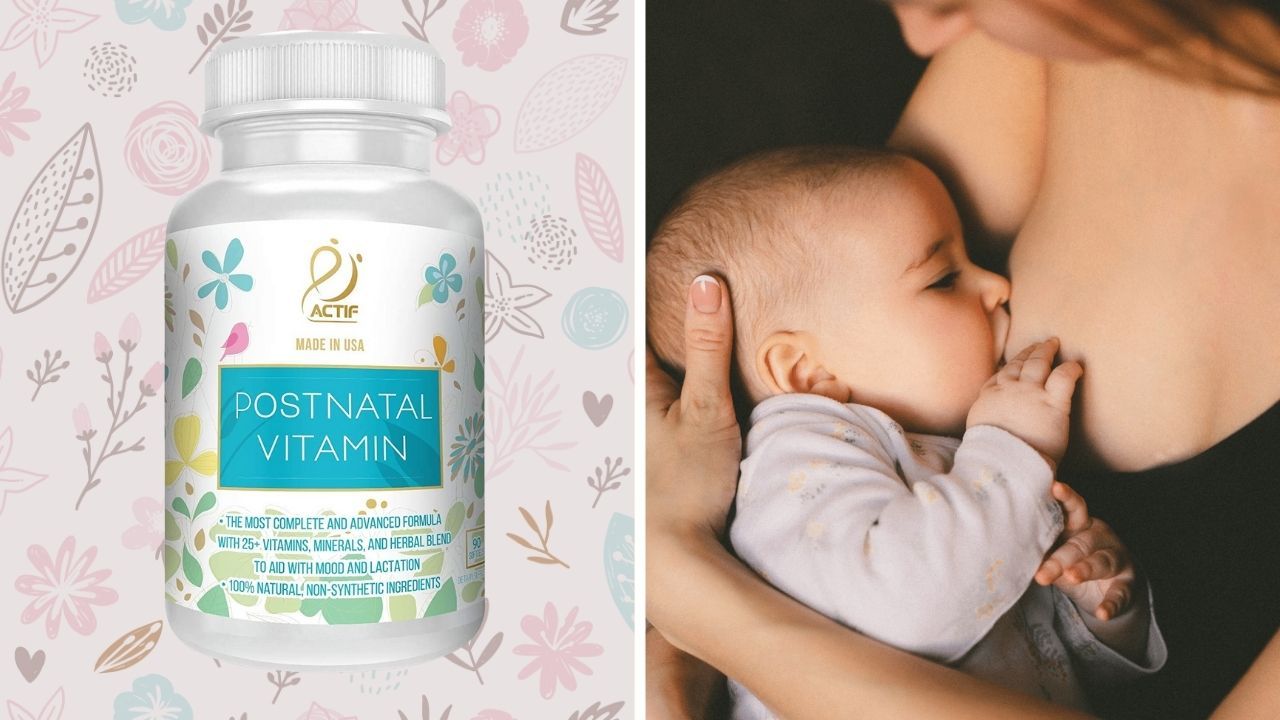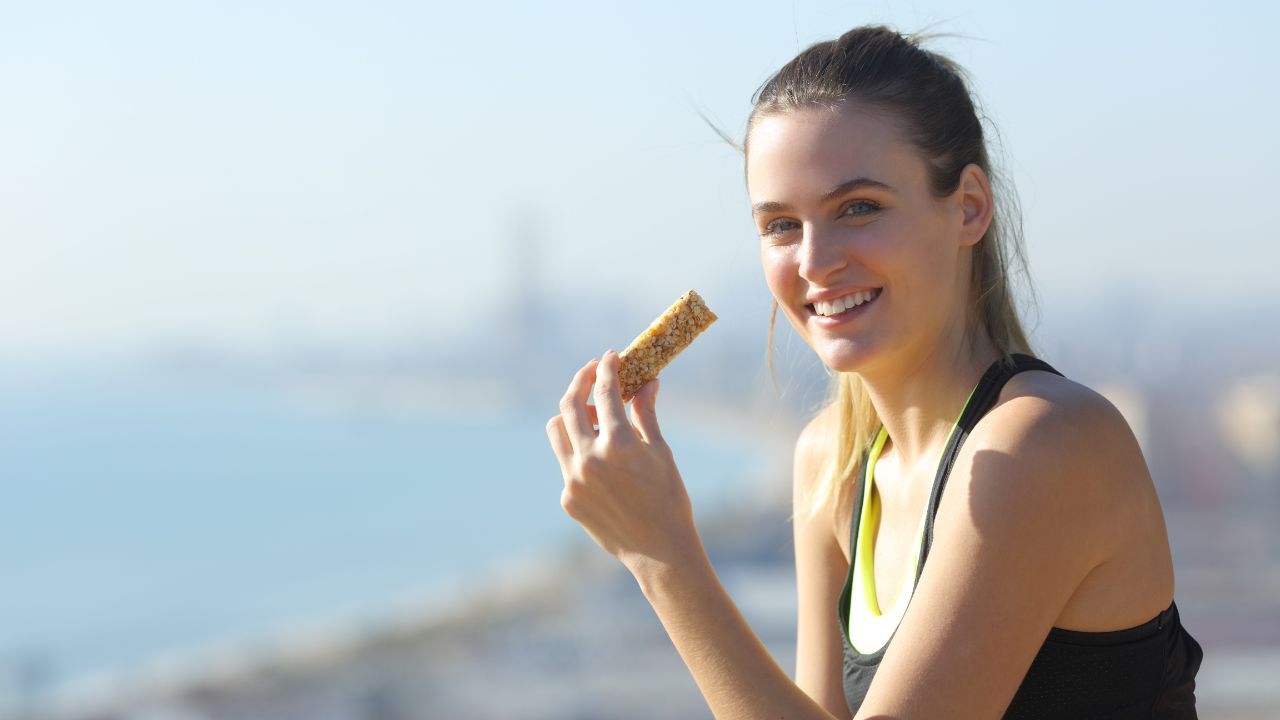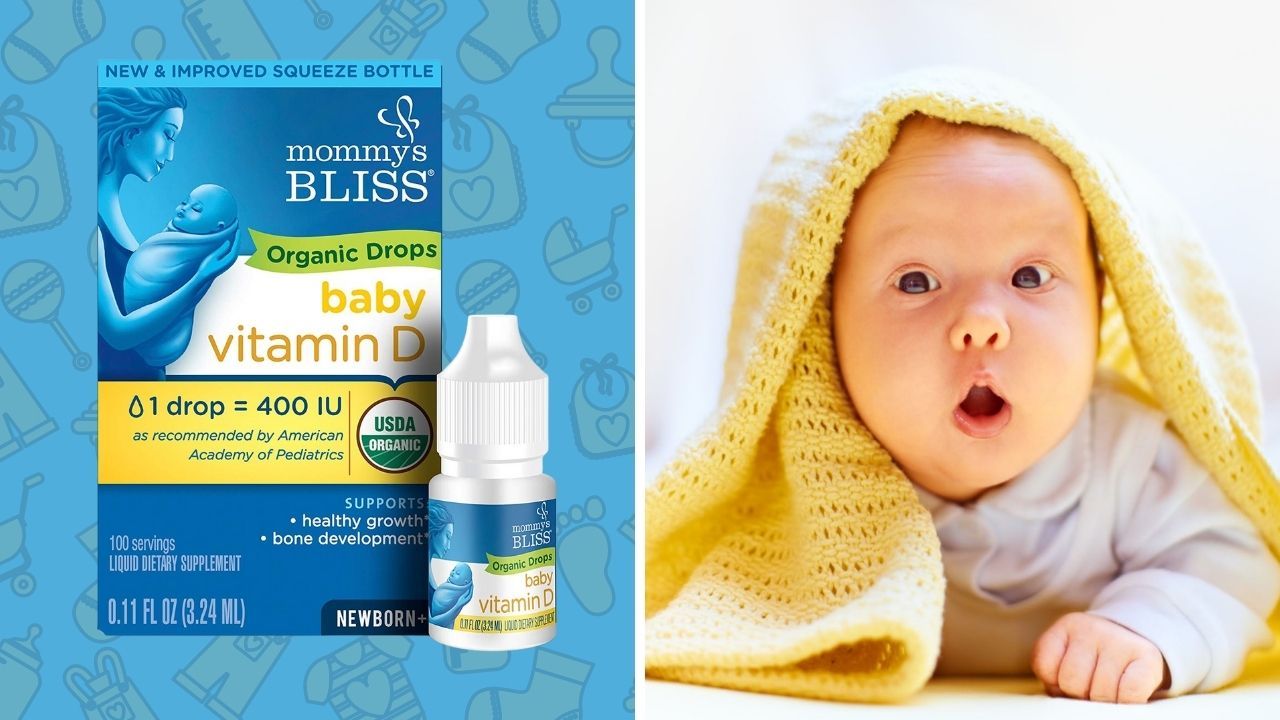
10 Amazing Benefits of Breastfeeding a Toddler
Revealing the amazing benefits of breastfeeding a toddler: Strengthening immune systems, enriching nutrition, and deepening emotional ties.
You're probably familiar with the basics of breastfeeding, but have you ever wondered about the benefits of breastfeeding your toddler?
Yes, even as they grow out of their baby onesies and start exploring the world on their tiny feet, breastfeeding continues to play a vital role.
It's not just about nutrition; it's about nurturing, health, and so much more. Let's dive into why breastfeeding your growing toddler is something to seriously consider.
1. Enhanced Immune Support
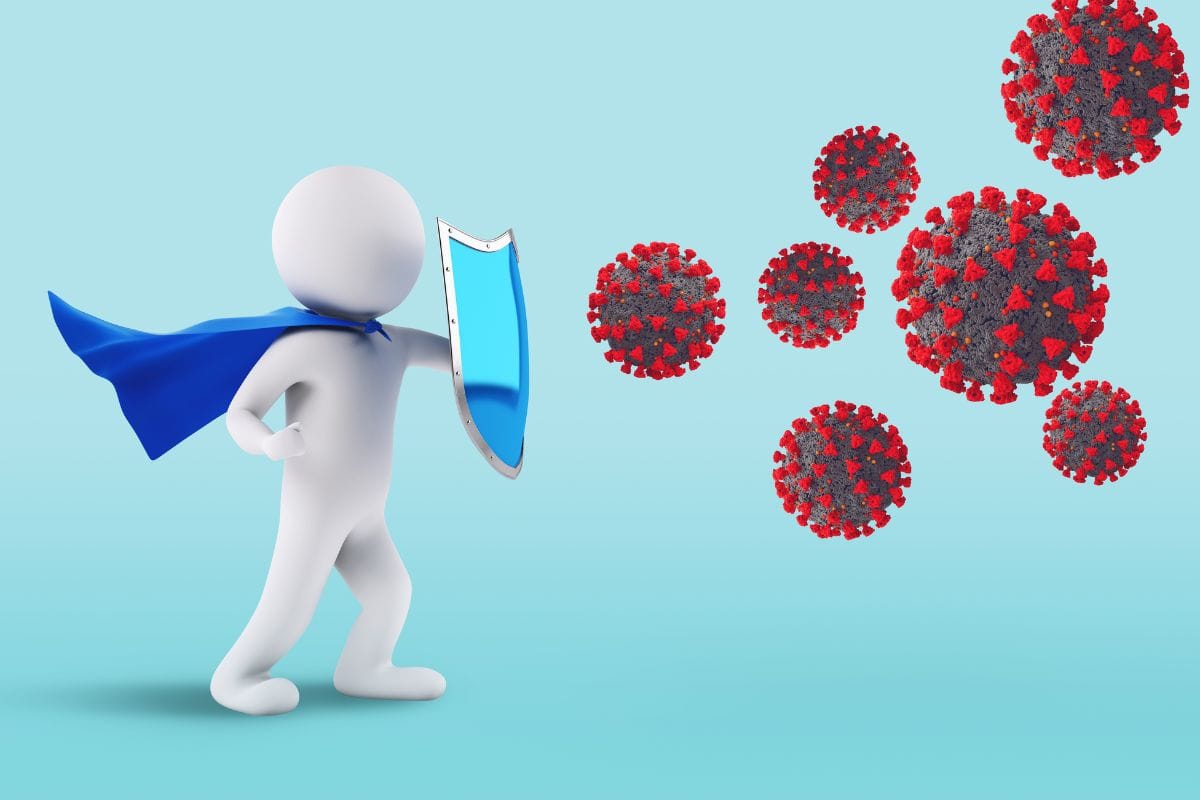
Did you know that your breast milk continues to evolve to meet your toddler's changing needs?
It's like having a magical potion that adapts to whatever your little one requires. This is especially crucial when it comes to their immune system.
Breast milk is loaded with antibodies and immune factors. Think of it as your toddler's first line of defense against the myriad of germs they encounter while they're busy exploring the world.
For instance, those pesky ear infections and the dreaded respiratory illnesses can be significantly reduced.
- A study published in the Pediatrics journal found that breastfeeding reduces the risk of ear infections by up to 50% in babies and toddlers. That's quite impressive, isn't it?
Studies also show that breastfeeding a child protects against both short and long term illness such as sudden infant death syndrome, asthma, and obesity.
Tips for Boosting Immune Support
- Ensure you're eating a well-balanced diet; what you consume can influence the quality of your breast milk.
- Keep breastfeeding on demand, even if your toddler seems to be nursing less. Every drop counts in building their immunity.
2. Nutritional Advantages
You might be wondering,
"Does my toddler still get nutritional benefits from breast milk even though they're eating solid foods?"
Absolutely, toddlers breastfeed for the same reasons babies breastfeed. Your breast milk is not just a supplement; it's a complete nutritional package, specifically tailored for your child's age and needs.
It complements their diet, filling in any nutritional gaps that might occur, especially on those picky eating days. Toddlers receive health benefits from breastmilk just as babies do from colostrum.
>>RELATED Is Breast Milk More Filling than Formula?
Balancing Breast Milk and Solids
- Introduce a variety of solid foods to your toddler, but continue to offer breast milk as a primary source of nutrition.
- Don't stress if your toddler seems to prefer breast milk over solids on some days. Trust that your milk is providing them with what they need.
3. Emotional and Psychological Benefits

Breastfeeding is a powerful tool for emotional development and bonding. It's a time when your toddler feels close to you, safe, and loved.
This emotional connection lays the foundation for their psychological health and well-being.
It's not just about the milk; it's about the comfort, the touch, and the presence that you offer during these moments.
Tips for Enhancing Emotional Bonding
- Use breastfeeding moments to deepen your bond. Hold, cuddle, and talk or sing to your toddler during these times.
- Be responsive to your toddler's needs. Breastfeeding is not just about hunger; it's also about comfort and reassurance.
Breastfeeding your toddler is a journey that extends beyond nutrition, encompassing emotional, psychological, and immunological benefits.
Remember, every child is unique, and so is every breastfeeding journey. Embrace it, and know that you're providing your little ones with an amazing start, even as they toddle into their new adventures.
4. Long-term Health Impact
You're not just providing immediate nutrition and comfort to your toddler through breastfeeding; you're setting them up for a healthier future.
Extended breastfeeding has been linked to a reduced risk of several chronic diseases in children. How amazing is that?
For starters, studies have indicated that breastfed children have a lower risk of developing obesity later in life. This is crucial in today's world, where childhood obesity is a growing concern.
And let's talk about heart health. Research suggests that children who were breastfed have a lower risk of developing cardiovascular diseases as adults. Your nurturing today is contributing to a stronger, healthier heart for your child's future.
Tips for Promoting Long-term Health
- Keep up with regular breastfeeding, even as your child grows. The longer you breastfeed, the greater the health benefits.
- Pair breastfeeding with a healthy lifestyle for your family, including nutritious foods and physical activity.
5. Benefits for Maternal Health
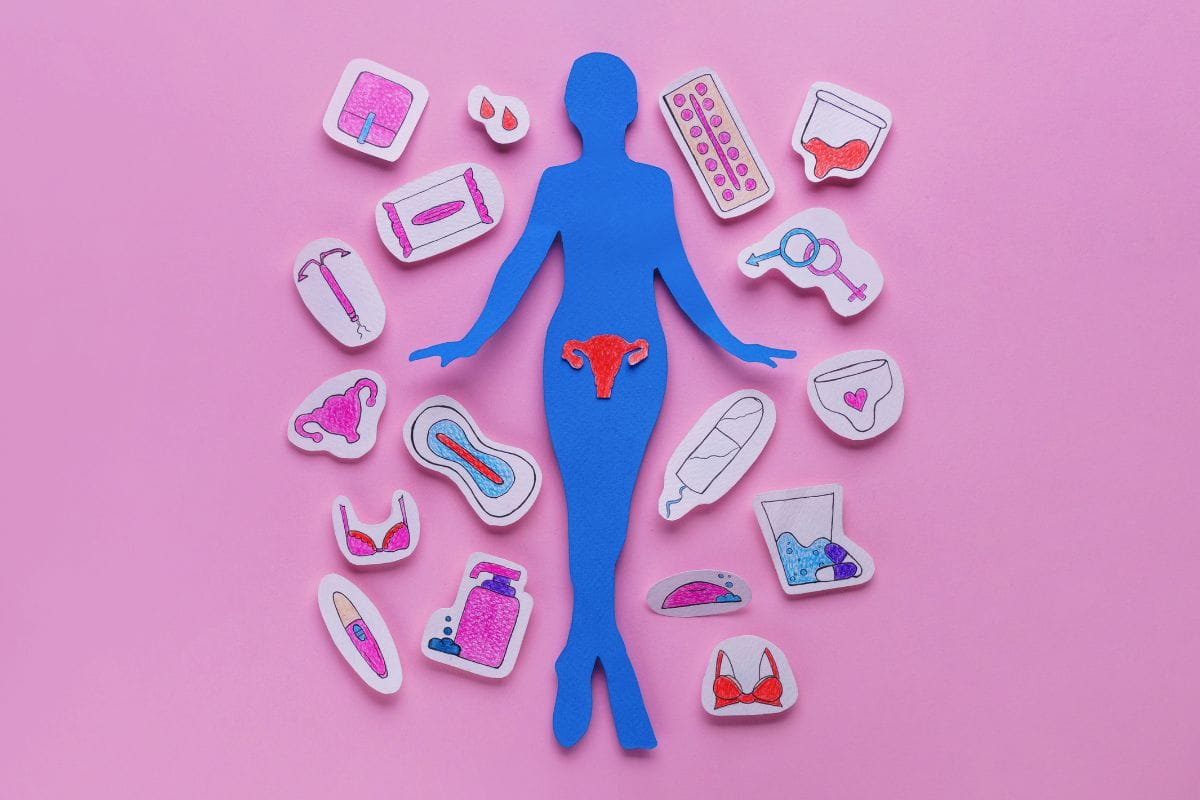
Now, let's focus on you for a moment.
Did you know that continuing to breastfeed your toddler can have significant health benefits for you as well?
It's a win-win situation!
Several studies have shown that the longer women breastfeed, the lower their risk of these cancers. This protective effect is thought to be due to hormonal changes during breastfeeding that delay the return of your menstrual cycles.
Moreover, breastfeeding significantly reduces physiological and subjective stress. It triggers the release of oxytocin, often referred to as the 'love hormone', which can help reduce stress and promote positive feelings.
This mood booster can be a real game-changer for your mental well-being.
Self-care Tips for Breastfeeding Moms
- Prioritize your own health and well-being. A healthy mom means a healthy baby (and toddler!).
- Don't hesitate to seek support, whether it's for physical health concerns or mental well-being.
6. Developmental Advantages
Breastfeeding isn't just food for the body; it's fuel for the brain. The nutrients in breast milk, especially fatty acids like DHA, play a crucial role in brain development.
Research also suggests that the brain benefits are not just from the nutrients but from the different interactions that breastfeeding parents have with their children while nursing.
- For example, babies are put into different positions while nursing off both breasts which allows them to look and reach in different directions. Where a bottle-feed baby, is typically put in the dominant hand of the parent.
But it's not just about brain power. Did you know that breastfeeding can also influence your child's speech development?
The act of breastfeeding helps in exercising the facial muscles, which are crucial for articulation and speech clarity.
Enhancing Your Toddler's Development
- Encourage play and interaction during and after breastfeeding. This stimulates brain development and learning.
- Celebrate and support your toddler's milestones, both big and small, as they continue to grow and develop.
Breastfeeding your toddler is a journey filled with countless benefits, both for them and for you. It's about nourishing their body, mind, and soul, and at the same time, taking care of their own health and well-being.
Keep going strong, and remember, every day you breastfeed is a gift to both you and your child!
7. Promoting Healthy Eating Habits
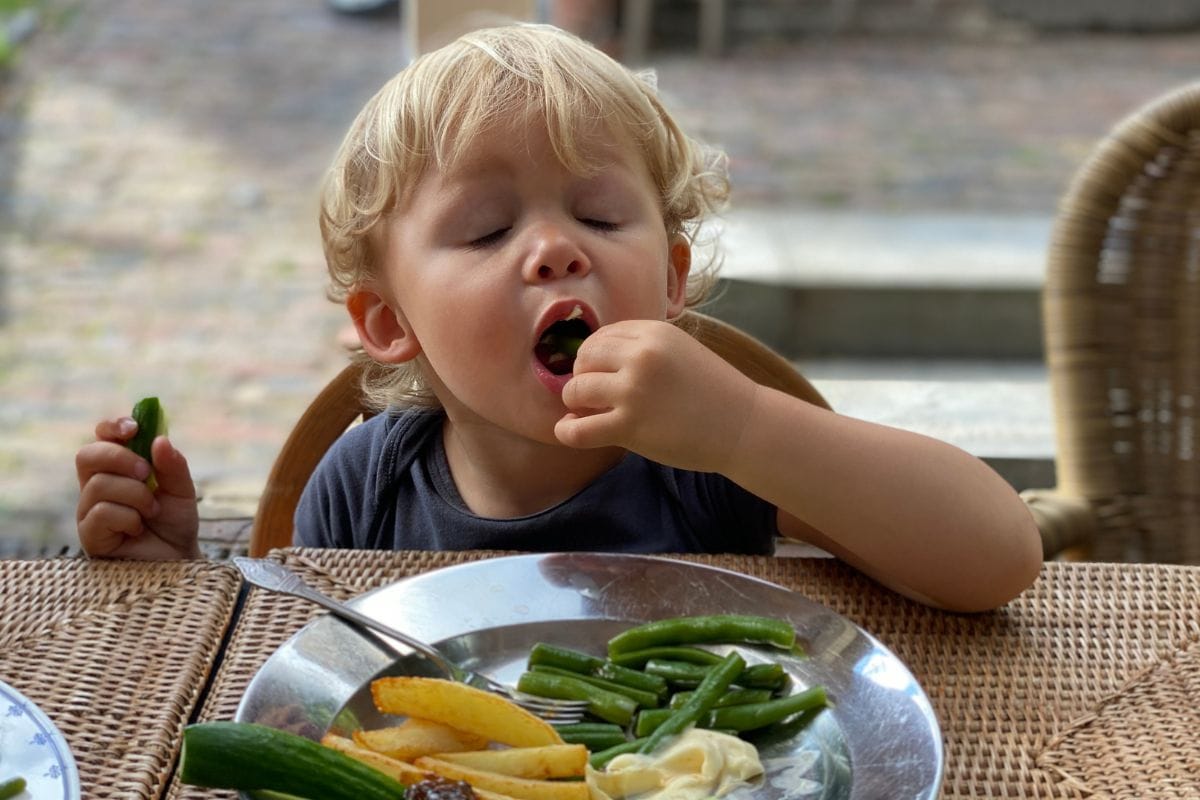
You're not just a parent; you're a trendsetter, especially when it comes to your toddler's eating habits. Breastfeeding plays a pivotal role in shaping these habits.
When you breastfeed, you're introducing your little one to a variety of flavors. Yes, the foods you eat can change the taste of your breast milk, subtly introducing your toddler to the foods they'll eat as they grow.
This openness to new foods can lead to a well-rounded, nutritious diet as they grow.
Tips for Healthy Eating Patterns
- Keep introducing a variety of healthy foods at meal times. Your toddler is watching and learning from you.
- Don't worry if your toddler seems to eat more on some days and less on others. Breast milk is there to balance their diet.
8. Support during Illness and Upset
Let's face it, seeing your toddler sick or upset is heart-wrenching. But did you know that your breast milk can be a real superhero during these tough times?
Breast milk provides not just physical nourishment but also emotional comfort.
The act of breastfeeding can soothe an upset toddler, helping them feel secure and loved. This can speed up their recovery and bring back their cheerful self sooner.
Being There for Your Toddler
- Trust in the healing power of your breast milk during illnesses. It's perfectly designed to be gentle on your toddler's upset tummy.
- Offer the breast more frequently when your toddler is unwell or upset. They might need the extra comfort and nutrition.
9. Convenience and Cost-Effectiveness
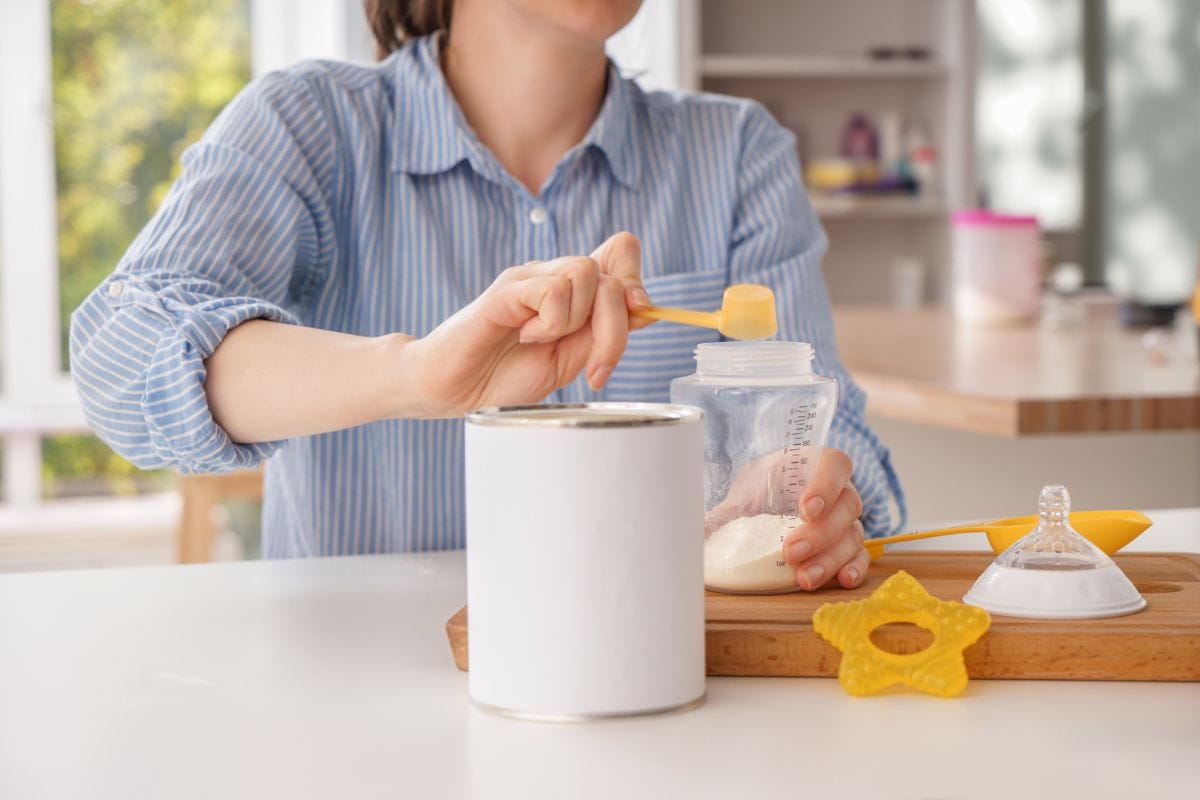
Here's to making life easier!
Continuing to breastfeed your toddler can be a real time-saver. No need to prepare bottles or worry about packing extra food when you're out and about. You've got everything you need, ready to go at the perfect temperature.
And let's talk about the savings.
Embracing the Simplicity
- Enjoy the convenience of breastfeeding, especially when traveling or running errands. It makes life so much simpler!
- Celebrate the savings you're making by breastfeeding. Maybe put that extra money towards a family outing or a special treat for yourself.
Breastfeeding your toddler is more than just a way to feed them; it's a journey full of benefits, convenience, and cost savings.
It's a decision that positively impacts not just your child's health and development but also your lifestyle and budget. Keep going, you're doing an amazing job!
10. Flexibility and Adaptation to a Growing Child's Needs
As your toddler grows and changes, so does your breast milk. It's like your body has a sixth sense, intuitively adapting to provide exactly what your little explorer needs at each stage.
This adaptability extends to breastfeeding schedules too.
Whether your toddler needs a quick snack, a comforting session before a nap, or a soothing moment during a busy day, breastfeeding can flexibly fit into your and your child's routine.
It's all about meeting needs in real-time, which is pretty amazing when you think about it.
Embracing the Changing Rhythms
- Stay tuned in to your toddler's cues. They'll let you know when they need to breastfeed, even as their needs evolve.
- Don't stress about sticking to a strict schedule. The beauty of breastfeeding a toddler is in its flexibility.
Final Thoughts
During the first 6 months of your child's life, most pediatric organizations recommend exclusive breastfeeding but by age 1, children are usually getting the nutrition that they need from solid foods.
In other words, there are no hard and fast rules about how much or how often a toddler should nurse or snack on solids.
And let me tell you that most tots will call the shots, if you haven't noticed already!
Mama you've come a long way on this breastfeeding journey, and look at all the incredible benefits you're providing for your toddler – from bolstering their immune system and setting the stage for healthy eating habits to nurturing their emotional and mental well-being, and even reaping some significant health benefits for yourself!
Remember, every child and every breastfeeding journey is unique. Whether you continue breastfeeding for months or even years, know that you're doing something wonderful for both your child and yourself.
Trust your instincts, follow your and your child's mutual desires, and cherish these special moments.
Additional Resources
For more information and guidance, check out these resources:
- World Health Organization (WHO) Guidelines on Breastfeeding
- American Academy of Pediatrics (AAP) Breastfeeding Resources
- For deeper dives into breastfeeding medicine and child health, explore the latest research at PubMed.
Breastfeeding your toddler is a journey filled with love, challenges, and immense rewards. Keep going strong, and take pride in knowing you're providing the best start in life for your little one.
Before You Go...
